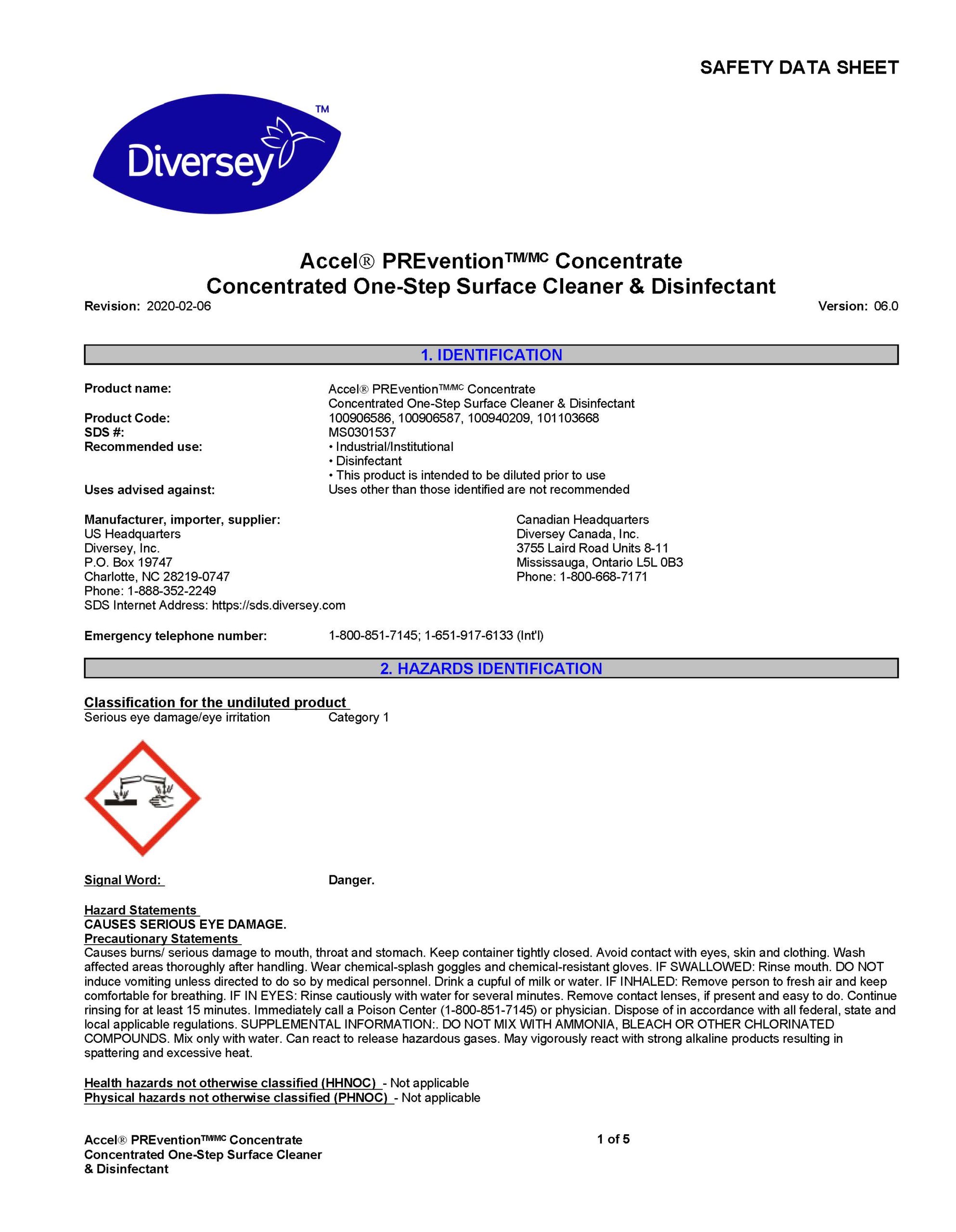Can Lying on Food Stamps Lead to Jail Time?

Food stamps, officially known as the Supplemental Nutrition Assistance Program (SNAP), provide essential assistance to millions of Americans facing financial hardship. While the program is vital for many, it also comes with strict eligibility criteria and usage rules. An important aspect often misunderstood or underestimated is the legal consequences of misusing SNAP benefits. Understanding these consequences is crucial, as failing to comply with SNAP regulations can lead to severe repercussions, including potential jail time.

Understanding SNAP Eligibility and Usage Rules
Before diving into the consequences of lying about SNAP benefits, it's essential to understand the program's eligibility requirements and usage rules. SNAP is designed to assist low-income individuals and families by providing them with food-purchasing assistance. Eligibility for SNAP is determined based on factors such as income, household size, and assets.
- Income Eligibility: Each household's gross monthly income must be at or below 130% of the federal poverty level.
- Resource Limits: Households must have assets below a certain limit, usually $2,250 for most households and $3,500 for those with at least one senior or disabled member.
- Work Requirements: Able-bodied adults without dependents (ABAWDs) between the ages of 18 and 49 are required to work or participate in a work program for at least 20 hours per week unless exempt due to certain conditions.
Participants must use their benefits to purchase food items like fruits, vegetables, dairy products, and meat. Non-food items such as alcohol, cigarettes, and prepared foods are ineligible for purchase with SNAP benefits.

Legal Consequences of Lying on SNAP
Misrepresenting information to obtain or maintain SNAP benefits is considered fraud. This can involve providing false information regarding income, household size, or other eligibility factors. The consequences of SNAP fraud can be significant, ranging from financial penalties to legal action, including jail time.

1. Overpayment and Repayment
If the USDA discovers that you have been overpaid SNAP benefits due to inaccurate information, you are typically required to repay the amount. The agency will notify you of the overpayment and provide instructions for repayment. Failure to repay can lead to more severe consequences.
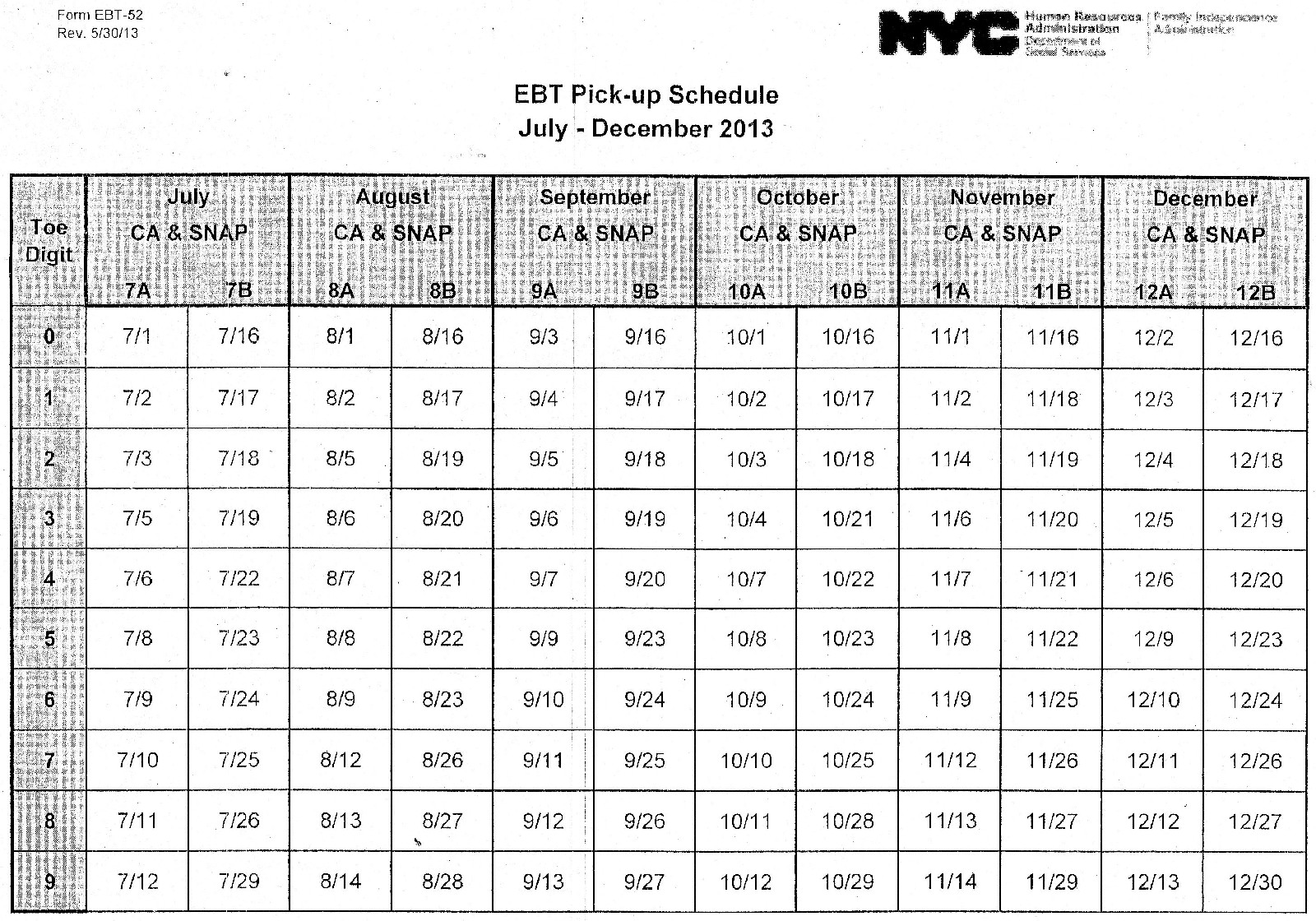
2. Denial of Benefits
In cases of intentional fraud, SNAP benefits may be denied. The period of denial can vary based on the severity of the fraud, ranging from a 12-month disqualification to a permanent ban from the program. Repeat offenders or those committing severe fraud may face longer disqualifications.
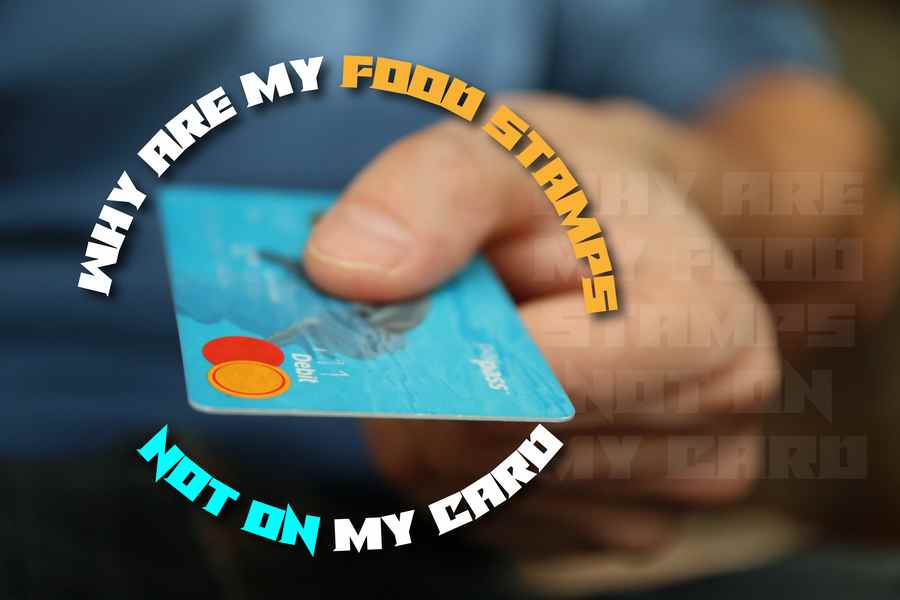
3. Financial Penalties
Individuals found guilty of SNAP fraud may be liable for financial penalties, including restitution of the benefits obtained fraudulently and possible fines. The severity of the penalty often depends on the extent of the fraud.

4. Criminal Charges and Jail Time
The most severe consequence of SNAP fraud is the potential for criminal charges, which can lead to jail time. Food stamp fraud is treated as a federal crime, and individuals found guilty of intentional fraud can face significant legal repercussions.
Conviction of SNAP fraud can result in:
- Fines: Significant monetary fines can be imposed as part of the criminal penalty.
- Imprisonment: Jail sentences can range from a few months to several years, depending on the fraud's magnitude and whether it is a first-time or repeat offense.
- Probation: In some cases, individuals may receive probation instead of jail time, with conditions such as regular check-ins and avoiding further fraud.

Preventing SNAP Fraud
Preventing SNAP fraud is crucial for maintaining the integrity of the program and ensuring that benefits reach those who genuinely need them. Participants can help prevent fraud by:
- Providing accurate and honest information during the application process.
- Reporting any changes in income or household size promptly to the appropriate authorities.
- Understanding and adhering to the rules and regulations of the SNAP program.
Program administrators are also responsible for implementing measures to detect and prevent fraud. This includes conducting regular reviews and audits of eligibility and benefit usage.
💡 Note: It's important for both participants and administrators to stay informed about SNAP policies to prevent accidental violations that could lead to penalties.
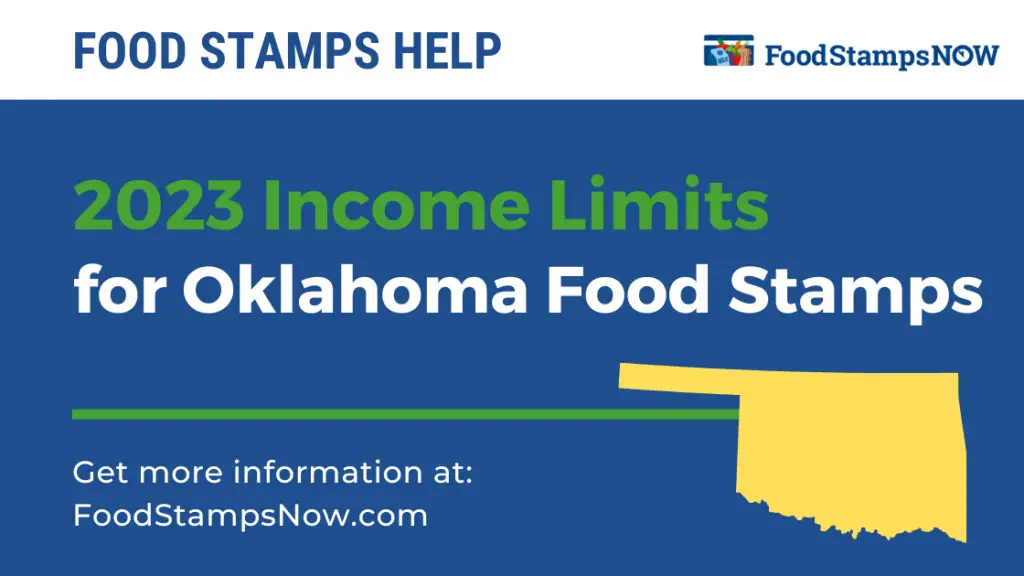
Conclusion
In conclusion, while the Supplemental Nutrition Assistance Program provides essential support to millions of Americans, it comes with strict rules and regulations to prevent misuse. Lying or providing false information to obtain or maintain SNAP benefits is considered fraud and carries serious legal consequences, including the potential for jail time. To maintain the integrity of the program and ensure that benefits are distributed fairly, it is crucial for participants to provide accurate information and report any changes in their circumstances promptly. By adhering to the rules and understanding the implications of fraud, individuals can help ensure the continued success and availability of SNAP benefits for those who truly need them.
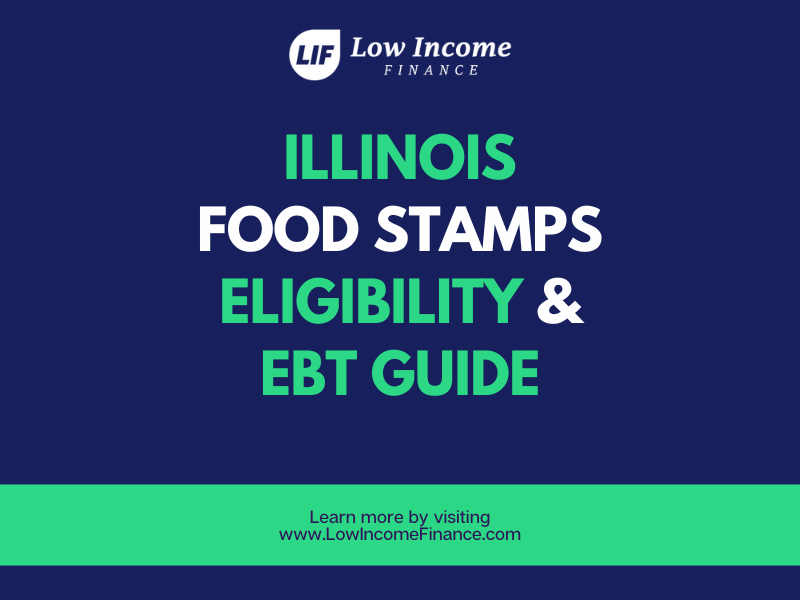
What is considered SNAP fraud?
+SNAP fraud involves intentionally providing false information to obtain or maintain benefits. This includes misreporting income, household size, or other eligibility criteria.

What are the penalties for SNAP fraud?
+Penalties for SNAP fraud can include repayment of overpaid benefits, denial of future benefits, financial fines, and potential criminal charges that may result in jail time.

How can participants avoid accidentally committing SNAP fraud?
+Participants can avoid accidental SNAP fraud by providing accurate information during the application process and promptly reporting any changes in their circumstances to the relevant authorities.
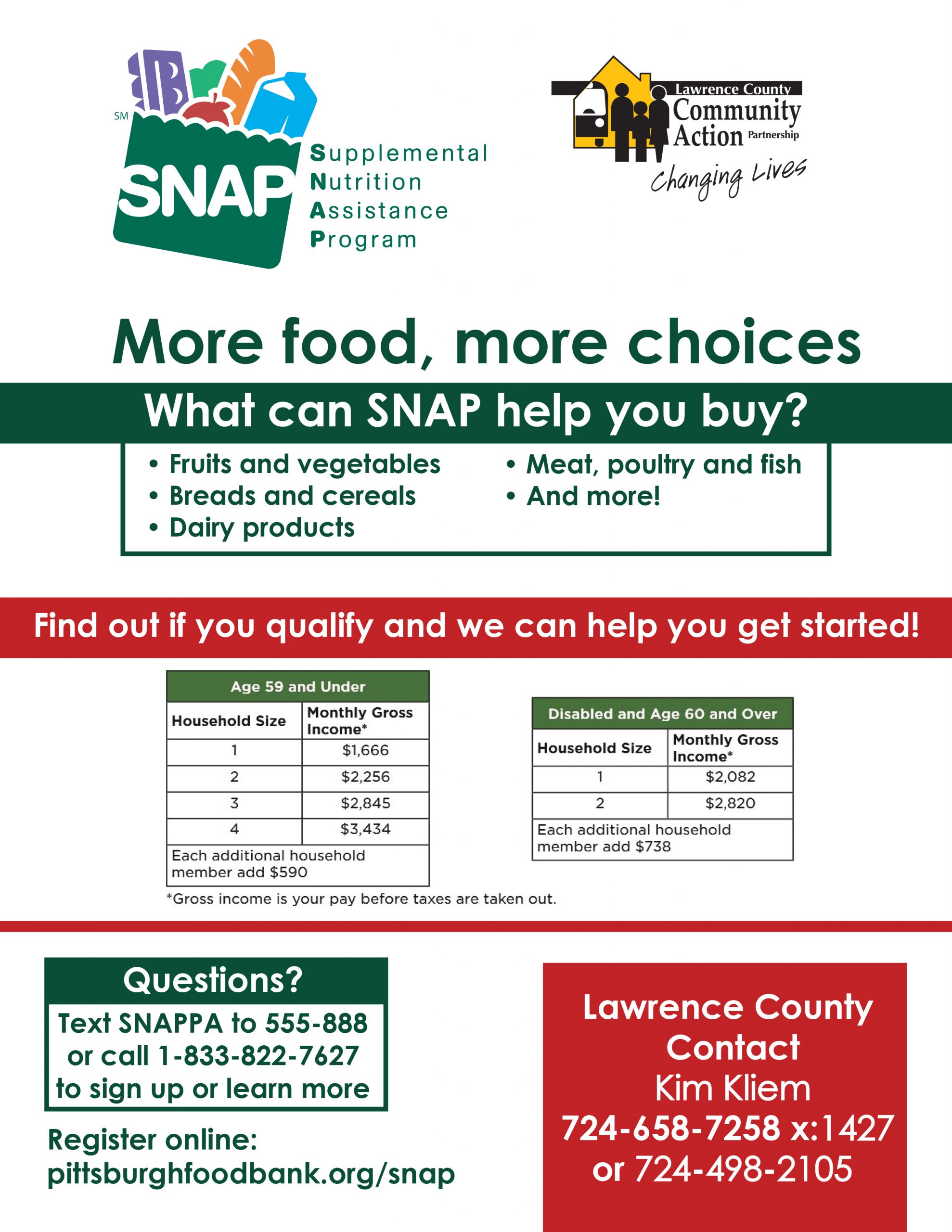
Can SNAP fraud result in criminal charges?
+Yes, intentional SNAP fraud is considered a federal crime and can result in criminal charges, which may lead to fines and imprisonment.

What should you do if you are accused of SNAP fraud?
+If accused of SNAP fraud, it is crucial to seek legal advice immediately. An attorney can help navigate the legal process and provide guidance on how to address the accusations.
